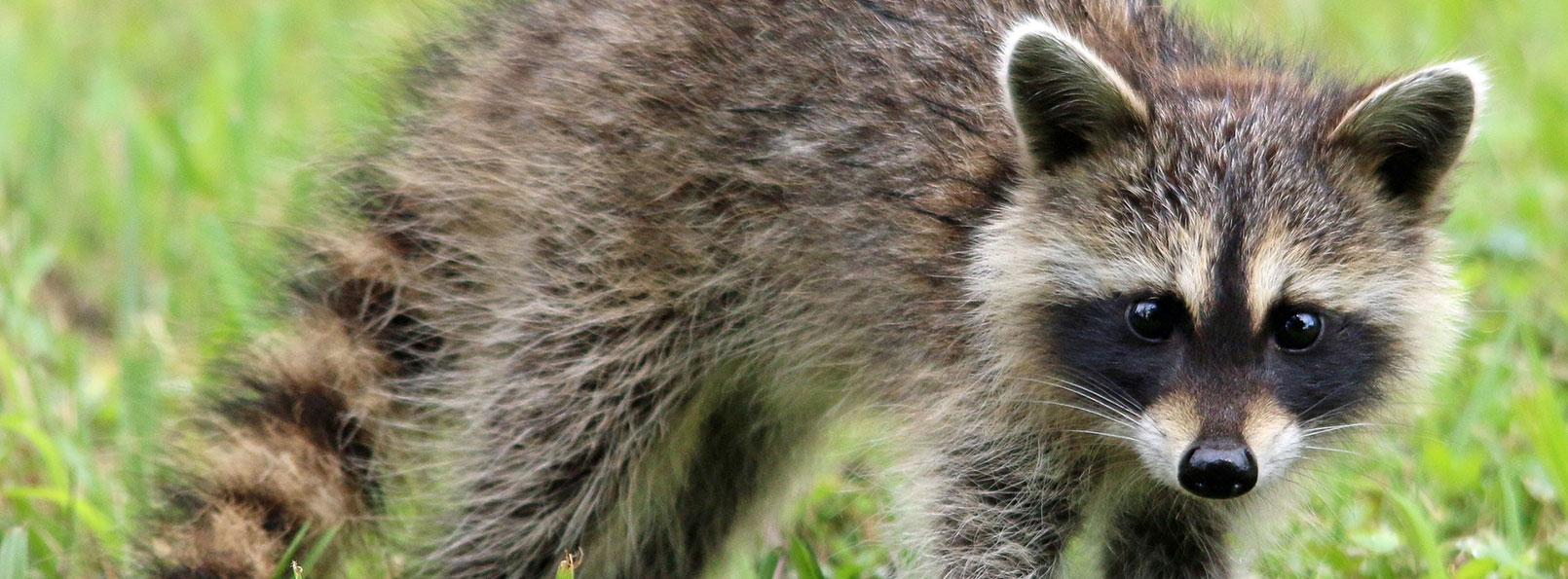September 26th,2023
Nearly 100 juvenile raccoons were removed from a Rehabilitation Facility in Kawartha Lakes, Ontario.

According to news reports, these animals were orphaned kits, slated to be released into the wild after being cared for by Mally's Third Chance Raccoon Rescue. Long time wildlife advocate Dan Frankian questions the timing of the planned release - it is almost winter. What are the chances of survival for these young raccoons? How exactly have they been prepared for their return to the wild? Do they know how to find and secure a den for the winter months? Contrary to popular belief, raccoons do not hibernate. They enter a state of slowed metabolism, called torpor. Unlike hibernation, torpor only lasts a few weeks. After that, they will have to find food and shelter.
Perhaps the more dire question is: Why were there so many orphaned raccoons in one facility alone? How did they become orphaned? Were they housed separately? What safety measures were in place to prevent the spread of rabies?
It is heart breaking to think that all these kits were left to fend for themselves, but perhaps not all that surprising. Determined home owners using DIY devices and unlicensed trappers often end up catching a new mother/lactating raccoon, not realizing that taking her a kilometre away effectively orphans her offspring. Similarly, installing a one way door in an attic, will also separate the mother from her kits and sentence them to a slow and horrible death. Not to mention the stress to the mother, unable to reach and care for her young. In fact, the animals that ended up in Kawartha Lakes are considerably luckier than the vast amount of raccoon kits who starve to death.
The news also reported that at least some of the raccoons were allowed to be domesticated. If that is true, those animals had a next to zero chance of surviving winter in Ontario and their release into the wild would be as cruel and irresponsible as can be. Not only would they be incapable of securing enough food on their own, but they likely would end up in someone's attic or shed and eventually find themselves back in a cage or trap.
An incident like this brings to the forefront the importance of hiring an experienced and licensed company to do the raccoon trapping. All of Hawkeye's technicians are licensed trappers with regular updates on training and skills. It takes someone with an experienced eye to spot a lactating female - to realize she must be released immediately, so as not to endanger her kits. It takes a desire to seek the best outcome for all - not just simply get rid of one raccoon.
Contact Hawkeye Bird & Animal Control if you need to trap a raccoon. Please don't do this by yourself. We're here to help!
For Media Inquiries: Please email [email protected] to set up a time to speak with Dan Frankian.














